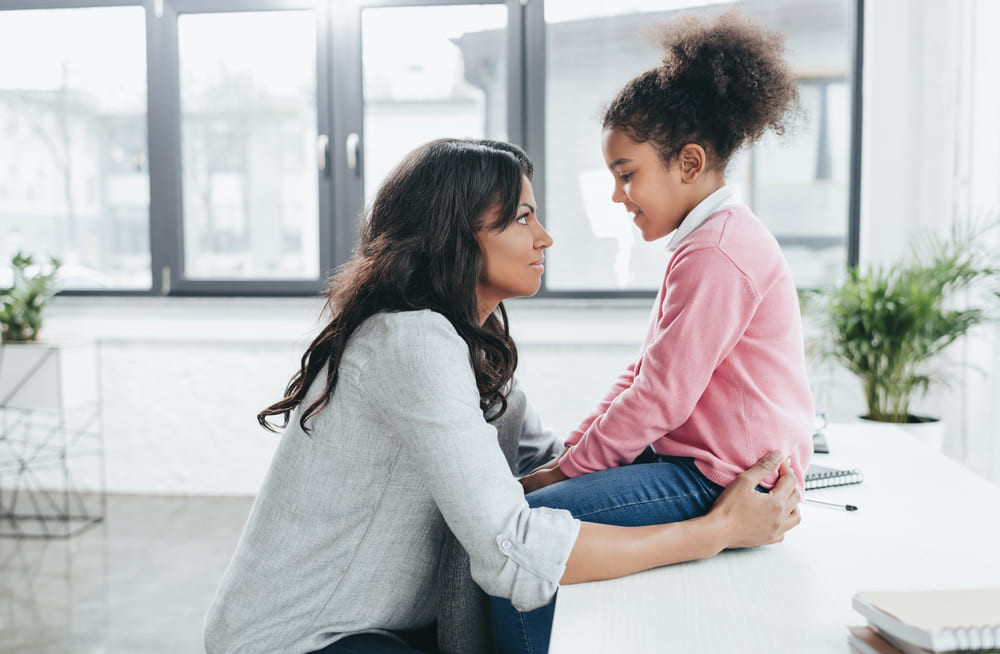
With everything that’s happening around us in the wake of the novel Coronavirus, with adults, kids at school and the news all hyper-focused on this outbreak, reassuring our children is important for them to feel safe. When they can talk about their feelings, they become less overwhelming, less upsetting and less scary.
Keep lines of communication open
Children tend to be anxious, especially when they don’t understand what is happening around them. They are hearing about the virus everyday, noticing people wearing face masks, hearing inaccurate stories from everywhere and seen their parents become more vigilant. Don’t be afraid to discuss what is happening, and take the time to convey the facts, and set an emotional tone. This makes them feel informed, and reassures them.
Be age appropriate
Don’t overload your kids with too much information, they will find it difficult to process everything all at once. Instead, give them the basic facts and try and answer any questions they may have.
Don’t add to their anxiety
When you’re feeling most anxious, it’s better not to have a conversation with your kids. Try to take some time to calm your nerves before trying to have a conversation to answer their questions.
Be calm and reassuring
Hearing about the virus will make children worry that they might catch it too. It’s helpful to reassure your child about how rare the coronavirus actually is (the flu is much more common) and that kids actually seem to have milder symptoms. We can teach them that most people who catch this sickness stay home, rest and get better, and that we have wonderful doctors and nurses who can help people when they need it.
Focus on what you’re doing to stay safe
An important way to reassure your kids is to emphasize healthy habits and the safety precautions that you can take as a family. We know that the coronavirus is transmitted mostly by coughing and touching surfaces. Teach them everyday actions they can do to reduce the spread of germs – this will help them feel more in control of the situation. Remind them to distance themselves from people who are coughing or sneezing. Help them understand the importance of washing their hands more frequently with soap and water. Educate them about good personal hygeine, and the proper way to cough, sneeze and dispose of tissues.
Stick to regular routines as far as possible
Children don’t like uncertainty. Staying rooted to routines is essential for them to feel reassured, happy and healthy. If schools and daycares are closed, treat it how you would a school break, with structured days and regular mealtimes and bedtimes.
Pay attention to what children see or hear
Consider reducing the amount of screen time focused on COVID-19. Too much information can lead to anxiety, and a lot of content may be taken out of context.
As public conversations around COVID-19 increase, children may worry about themselves, their family, and friends getting ill. Parents, family members, school staff, and other trusted adults can play an important role in helping children make sense of what they hear in a way that is honest, accurate, and minimizes anxiety or fear. Remind kids that maintaining healthy habits are always good, everyday ways to strengthen our bodies. We will all get sick sometimes, but we can be responsible in getting rid of germs when we practice handwashing, good personal hygiene and basic healthy living.
For more information and updates on the Coronavirus, do follow our COVID-19 updates page.